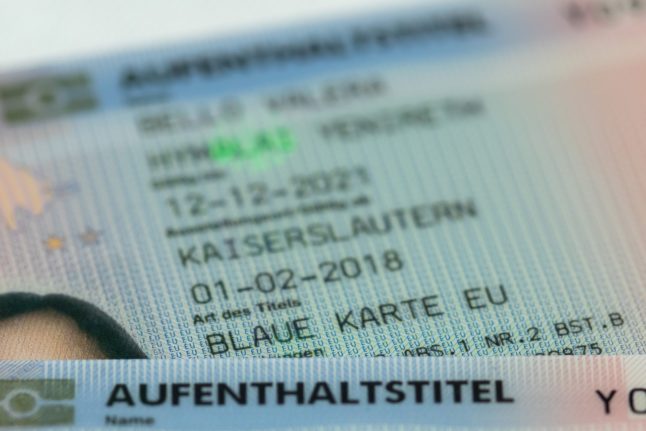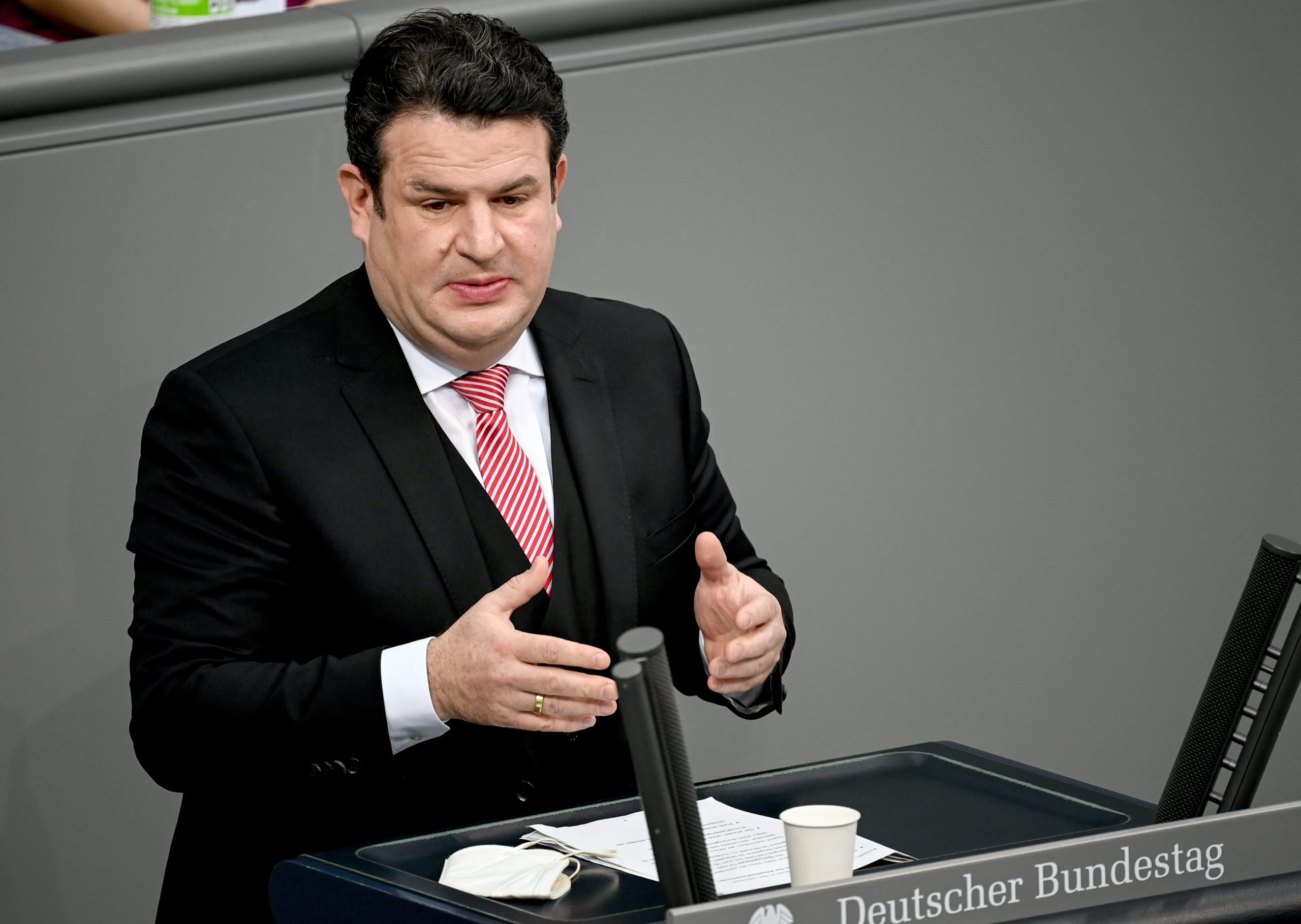For any non-EU citizen in Germany, getting a permanent residency permit marks the start of a new chapter of their lives in Germany.
Rather than worrying about visa renewals, appointments at the immigration office and changes of status, permanent residence means the freedom to live and work in the country for as long as you like.
It also means the right to claim benefits, become self-employed and study at a university without any fears about losing your rights.
In normal cases, foreigners become eligible for permanent residency in Germany after living in the country for at least five years. The application process also involves proving you can support yourself financially, have at least 60 months of pension contributions and can speak at least B1 German – among other conditions.
But for certain groups of foreigners, things move much more quickly – and will become even quicker once Germany’s new skilled worker law is implemented.
Who can get quicker permanent residency in the new law – and when?
People with Blue Cards and those on a skilled worker permit in Germany will soon be able to get permanent residency in as little as 21 months.
For those on a skilled worker permit, switching to permanent residence from their current status can be done after just four years. However, in March, once the next phase of the skilled worker law is implemented, this will be reduced to just three.
People on an EU Blue Card, meanwhile, can currently get permanent residence after 33 months of employment in Germany, provided they have A1 German.
This is set to be cut to 27 months in March.
If you’re on a Blue Card and have obtained your B1 German or higher, permanent residence is possible after just 21 months of employment.
READ ALSO: Everything that changes in immigration in Germany in 2024
Who else can get speedier permanent residency?
If you’re not covered under the skilled worker law, there are a number of other ways you can cut down the wait for permanent residency. The following are some of the most common groups who can apply for a settlement permit in less time:
Graduates of a German university
If you’ve got a degree from a German university or have completed vocational training in Germany, you can get permanent residency after just two years working as a qualified professional.
That means that, if you complete a two-year MA programme and then move straight into employment, you can get a settlement permit after just four years.

People with a German family member
If you have a German relative who you live with as part of a family unit, you can usually get permanent residence after three years. If you’re married to or are co-habitating with someone who has a settlement permit, you should also be entitled to permanent residence – even if the marriage or relationship breaks down.
Self-employed people
If you run a successful small business in Germany, permanent residence is possible after just three years.
Of course, the definition of successful is a subjective one, but a good rule of thumb is that you’re able to fully support yourself and all of your dependents on your freelance or self-employed earnings.
Civil and public servants
If you’re on a long-term work contract with a public-sector employer in Germany, you can get permanent residence after just three years – and you also won’t have to prove sufficient pension contributions.
The catch is that some public-sector jobs are restricted to EU citizens, so this route may not be as easy as it sounds.
For a full list of who can get fast-track permanent residency, check out explainer below:
How to get fast-track permanent residency rights in Germany
But isn’t Germany also making citizenship quicker as well?
That’s right. Though we don’t know a firm date for this, we are expecting Germany to ease up its citizenship rules around April this year.
That means that people will soon be able to apply for citizenship after just five years with B1 German.
In addition, there will be a special fast-track route for people with exceptional academic or professional achievements who also speak C1 German. This group of applicants can apply after just three years – making it just as fast as, or faster than, permanent residency in most cases.
For people married to German spouses, citizenship is currently possible after just three years or residency and two years of marriage, so that’s something to be aware of when making a decision about which status you want to apply for.
READ ALSO: EXPLAINED: How German citizenship differs from permanent residency




 Please whitelist us to continue reading.
Please whitelist us to continue reading.
Member comments